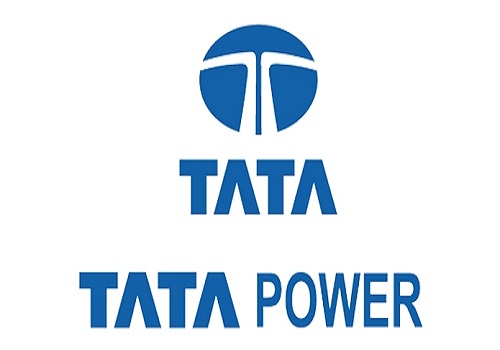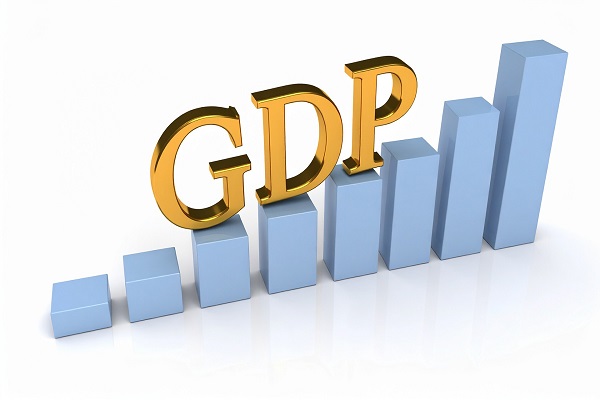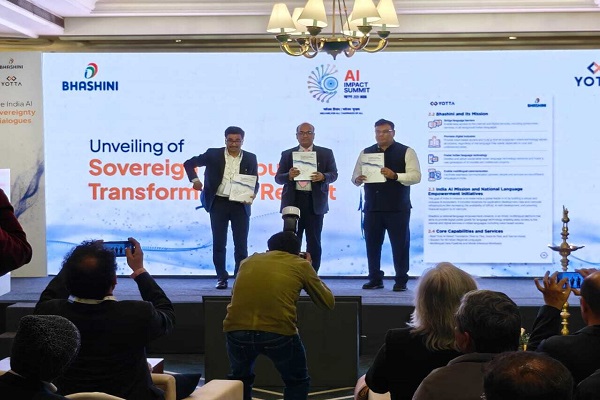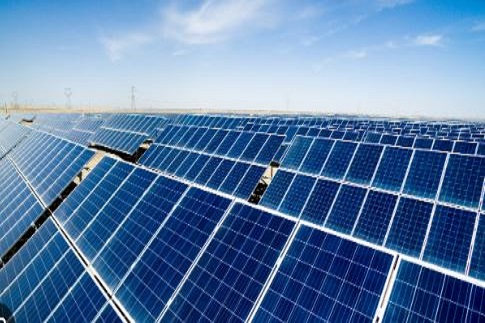Industry decarbonization must pick up pace rapidly: WEF
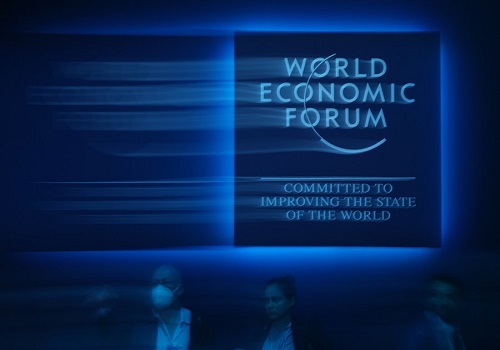
The World Economic Forum (WEF) on Thursday highlighted the need to fully understand the scope and scale of the challenge for the key industrial sectors and identifies a significant gap versus the pace of decarbonization necessary to achieve net-zero goals to limit global warming to 1.5 degrees Celsius by 2050.
In the first edition of a report on the state of the net-zero transition in key industrial sectors, the Net-Zero Industry Tracker 2022, the WEF called for the urgency for industrial decarbonization that is reinforced by high energy prices and energy supply chain disruptions.
This initiative, launched by the WEF in collaboration with Accenture, establishes a common, fact-based understanding of the industrial sector's net-zero transformation enabling cross-industry and multistakeholder collaboration.
The report introduces a holistic framework for a 360-degree perspective and standard metrics needed to measure progress, as well as key recommendations for industrial firms, policymakers, consumers and other stakeholders.
Progress-tracking and transparency are essential to help industries determine the trajectory of their decarbonization, maintain steady progress, and inform necessary course corrections along the way.
"While there are efforts underway and climate commitments being made, we currently lack a robust and comprehensive mechanism to understand the pace and direction of the progress of transformation of heavy industries, which account for 30 per cent of global greenhouse gas emissions," said Roberto Bocca, head of Energy, Materials and Infrastructure, WEF.
"Several industrial sectors and individual companies have set up targets with the aim of reaching net-zero emissions. We believe that bringing transparency to closing net-zero gaps and reporting on this progress is critical to achieve these ambitious goals."
The report provides qualitative and quantitative measures to track the evolution of key enabling dimensions such as maturity of technology, access to enabling infrastructure, supporting policy frameworks, demand for low-emission products and availability of capital for investments in low-emission assets.
It assesses the state of these enablers, which need to advance simultaneously, and highlights sector-specific accelerators and priorities in five heavy industries -- steel, cement, aluminium, ammonia, and oil and gas, which together generate 80 per cent of industrial emissions, according to Accenture analysis.
The report points out that over $2 trillion will be required to make low-emission industries a reality and that the first full-scale commercial projects still hold significant risks for companies to invest in.
Espen Mehlum, head of Energy, Materials and Infrastructure Programs for Benchmarking, WEF, said: "Investments in low-emission assets are riskier for companies due to their dependencies on new technologies and infrastructure.
"Collaboration will be at the heart of making the enablers of policy, fuel demand, technology, capital and infrastructure all pull in the same direction to accelerate progress towards climate goals."
